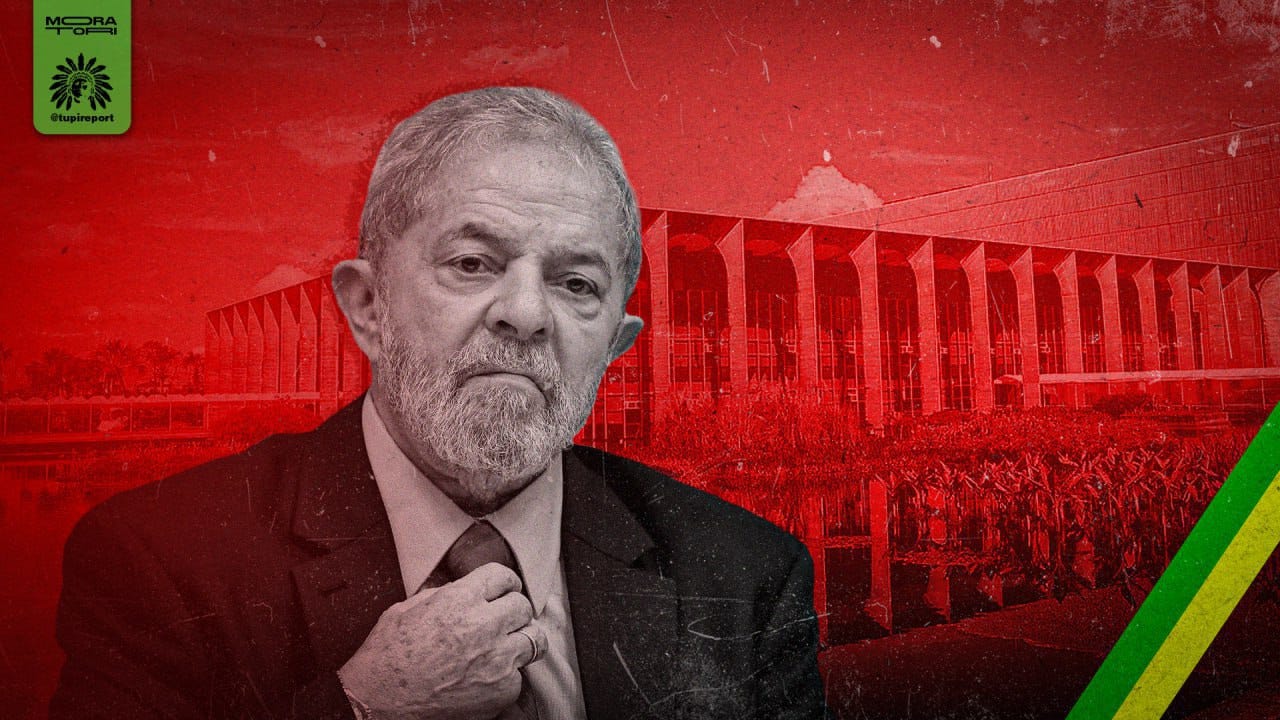USTR Announces Initiation of Section 301 Investigation of Brazil’s Unfair Trading Practices
The Office of the U.S. Trade Representative Ambassador Jamieson Greer initiated an investigation of Brazil under Section 301 of the Trade Act of 1974
Our Perspective
Brazilian President Lula has made it widely known through his and his administration’s actions he wants to usurp power in Brazil.
His ways and means are fully mapped out in both the Cloward-Piven Strategy as well as the Rules for Radicals by Saul Alinsky - add to this, Lula idolizes Fidel Castro.
Lately, he accuses U.S. President Trump of doing what he, as well as Justice Moraes, has been doing since stealing the October 2022 Presidential election, with the help of the CIA (Mike Benz has been discussing this at length on X.com).
To neutralize the CIA, President Trump is using every legal means possible through the Office of the U.S. Presidency to stifle the usurping of power by Lula that has been affecting the U.S., trade and otherwise.
We believe this situation is going to get complicated fast, not out of legality but out of strategy by Lula in a vain attempt to force Trump’s hand.
We highly suggest - if you haven’t already - to read through The Art of War as well as The Art of the Deal, from which President Trump formulates his strategies.
Reading both will allow you to see just how President Trump gets things done while his enemies are left scrounging for crumbs to use against him.
Office of the United States Trade Representative
July 15, 2025
WASHINGTON — Today, the Office of the United States Trade Representative initiated an investigation of Brazil under Section 301 of the Trade Act of 1974.
The investigation will seek to determine whether acts, policies, and practices of the Government of Brazil related to digital trade and electronic payment services; unfair, preferential tariffs; anti-corruption interference; intellectual property protection; ethanol market access; and illegal deforestation are unreasonable or discriminatory and burden or restrict U.S. commerce.
“At President Trump’s direction, I am launching a Section 301 investigation into Brazil’s attacks on American social media companies as well as other unfair trading practices that harm American companies, workers, farmers, and technology innovators,” said Ambassador Greer.
“USTR has detailed Brazil’s unfair trade practices that restrict the ability of U.S. exporters to access its market for decades in the annual National Trade Estimate (NTE) Report. After consulting with other government agencies, cleared advisers, and Congress, I have determined that Brazil’s tariff and non-tariff barriers merit a thorough investigation, and potentially, responsive action."
Background
Section 301 of the Trade Act of 1974, as amended (Trade Act), is designed to address unfair foreign practices affecting U.S. commerce.
Section 301 may be used to respond to unjustifiable, unreasonable, or discriminatory foreign government practices that burden or restrict U.S. commerce.
Under Section 302(b) of the Trade Act, the Trade Representative may self-initiate an investigation under Section 301.
A Section 301(b) investigation examines whether the acts, policies, or practices are unreasonable or discriminatory and burden or restrict U.S. commerce. Considering the specific direction of the President and the advice of the inter-agency Section 301 Committee, the United States Trade Representative has initiated an investigation.
The U.S. Trade Representative must seek consultations with the foreign government whose acts, policies, or practices are under investigation. USTR has requested consultations with Brazil in connection with the investigation.
USTR will hold a hearing in connection with this investigation on September 3, 2025.
To be assured of consideration, interested persons should submit written comments, requests to appear at the hearing, along with a summary of the testimony, by August 18, 2025.
USTR will hold a hearing in connection with this investigation on September 3, 2025.
As set out in the Federal Register notice, the investigation relates to a number of trading practices, including:
Digital trade and electronic payment services: Brazil may undermine the competitiveness of U.S. companies engaged in these sectors, for example, by retaliating against them for failing to censor political speech or restricting their ability to provide services in the country;
Unfair, preferential tariffs: Brazil accords lower, preferential tariff rates to the exports of certain globally competitive trade partners, thereby disadvantaging U.S. exports;
Anti-corruption enforcement: Brazil’s failure to enforce anti-corruption and transparency measures raises concerns in relation to norms relating to fighting bribery and corruption;
Intellectual property protection: Brazil apparently denies adequate and effective protection and enforcement of intellectual property rights, harming American workers whose livelihoods are tied to America’s innovation- and creativity-driven sectors;
Ethanol: Brazil has walked away from its willingness to provide virtually duty-free treatment for U.S. ethanol and instead now applies a substantially higher tariff on U.S. ethanol exports; and
Illegal deforestation: Brazil appears to be failing to effectively enforce laws and regulations designed to stop illegal deforestation, thereby undermining the competitiveness of U.S. producers of timber and agricultural products.
A copy of the Federal Register Notice is available here.
A docket for comments regarding the investigation will be available here.
A docket for requests to appear at the public hearing to be held in connection with this investigation will be available here.
###



